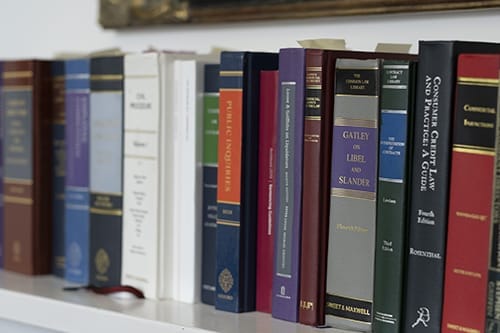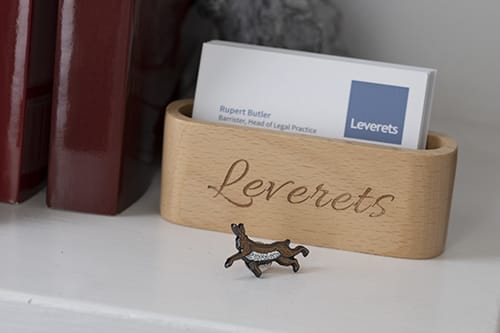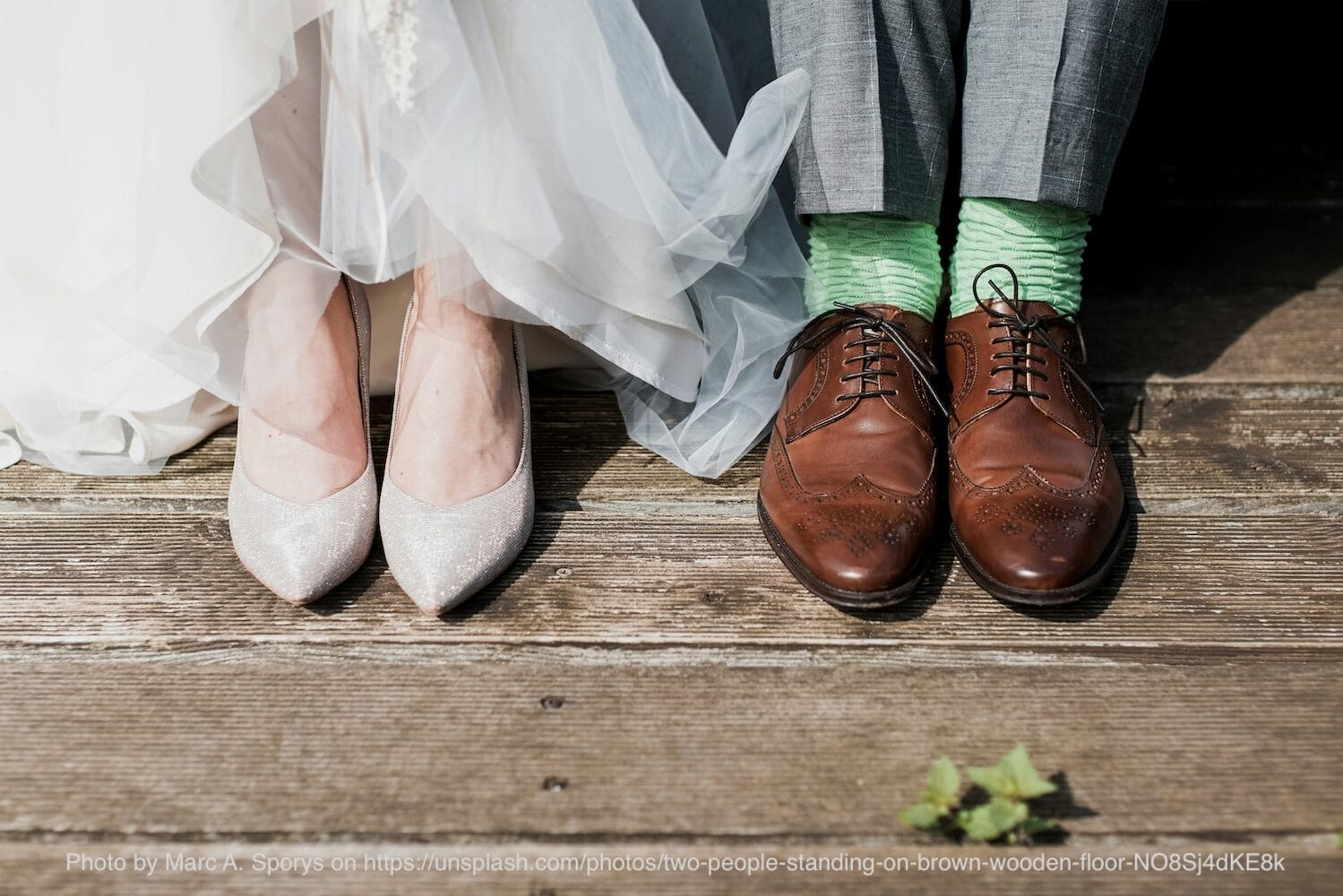SLAPPs – what are they and why does the government want to end them?
Search Posts

Company and Commercial litigation
We act on behalf of large international enterprises, UK institutions, SMEs, and high net worth individuals across all aspects of company and commercial litigation.

Personal and Corporate Insolvency
An exacting field, insolvency cases require the very highest levels of precision and expertise. Our blended team guarantees superior results whatever the nature of the case.

Civil Fraud
The number of civil fraud cases heard in the courts has undergone a 50% rise in recent years.

Public Inquiries
Our specialist team have significant experience both of representing individuals, private organisations, campaigners, charitable organisations, and public bodies who find themselves under scrutiny, required to give evidence, or face the prospect of appearing at a hearing.




Strategic Lawsuits Against Public Participation, otherwise known as SLAPPs, have been high on the legal news agenda for the last two years, with both the UK Government and European Parliament working to bring an end to these aggressively litigious lawsuits, initially in response to claims brought by Russian oligarchs in the wake of the invasion of Ukraine, aimed at stifling free speech and press freedom.
Why all the interest now?
In February the European Parliament passed, by overwhelming majority, a new law protecting journalists and human rights activists from these abusive legal proceedings. This coincided with the UK Government announcing its backing for a new anti-SLAPPs bill.
The bill aims to eliminate what the government describes as a pernicious practice aimed at financially and psychologically exhausting journalists and campaigners. It gives judges new powers to dismiss spurious claims before they go to trial, thereby making it harder for powerful people to stop the publication of investigative journalism and free speech through unscrupulous lawsuits.
Whilst there is broad agreement that something must be done about the SLAPPs phenomenon, the bill is not without criticism. The Law Society has expressed concerns over the bill’s workability and potential unintended consequences, as well as questioning whether it strikes the right balance between rights to respect private and family life and freedom of expression. Others, including a high-profile media lawyer, have been vocal about concerns that the bill won’t just affect the rich and powerful, and the somewhat narrow definition of “public interest’. Conversely, other commentators have declared that the bill does not go far enough as a deterrent to those who abuse the system.
Before we take a closer impartial look at the pros and cons, let’s get a bit of background.
What are SLAPPs?
The government defines SLAPP actions as “an abuse of the legal process, where the primary objective is to harass, intimidate and financially and psychologically exhaust one’s opponent via improper means.”
Similarly, the Solicitors Regulation Authority (SRA) defines a SLAPP as “the misuse of the legal system, and the bringing or threatening of proceedings, in order to discourage public criticism or action.”
Although SLAPPs could theoretically arise from a broad spectrum of legal issues, the claims that most frequently come under scrutiny are defamation claims or other reputation/privacy-based litigation.
The Pros and Cons of SLAPPs
The SLAPP debate hinges on the delicate balance between properly safeguarding individual rights and reputations versus the perceived manipulation or misuse of these rights.
Let’s tackle the pros first.
With the advent of social media, the capacity for spreading malicious lies and gossip is exponential. So, there is justification for having a mechanism in an adversarial jurisdiction whereby genuinely disgruntled victims can use the force of threat and legal process to kill off stories that would otherwise float in the ether for years before the subject-matter could be litigated to trial.
A good example of the effective use of SLAAPs in a proper setting were the insinuations via twitter, made by Sally Bercow and many others that Lord McAlpine was a paedophile. Lord McAlpine commenced libel actions against 20 high profile tweeters – all of whom bar one, Sally Bercow, apologised and paid damages, or undertook charity work as recompense.
When it comes to the cons, the historical yet notorious case of Sir James Goldsmith springs instantly to mind. He issued over 60 writs against Private Eye and 37 against its distributors.
More recently, and perhaps more worryingly, in addition to the use of SLAPPs by Russian oligarchs, powerful organisations have brought them as a method to stifle freedom of expression, advocacy and assembly rights. For example, PayPal’s libel suit against SumOfUs after it held a peaceful protest outside of its headquarters in Germany, or Bollore Group’s 20 lawsuits against NGO’s reporting human rights abuses in Cameroon. In the US Donald Trump’s recent slew of legal threats against a range of individuals also perfectly illustrates the need for stronger legal protections for press freedom and protected speech.
The role of the court
While it’s right that individuals should not have access to a mechanism to misuse the law in a way that prevents the publication of legitimate public interest journalism or legal activism, it is equally true that publishers and activist groups should expect to be held to account for what they publish/demonstrate in a way that is fair and proportionate.
Of course, it is also worth highlighting that the court has always had power to regulate such behaviour, by striking out claims, giving summary judgment, declaring litigants to be vexatious, making civil restrain orders. As always, it is not about giving anyone more powers, but using the ones we have got more efficiently. Something the Law Society suggests in its response to the anti-SLAPPs bill, recommending:
We’ll wait to see what happens next as this bill proceeds through its consultation process.